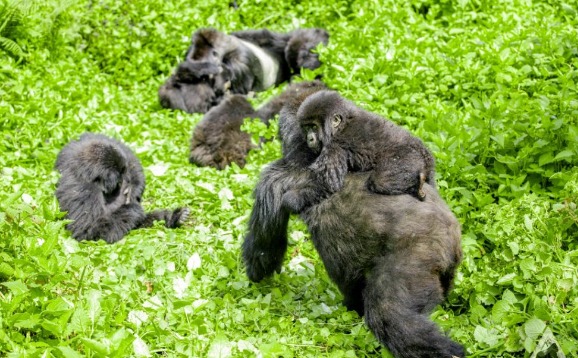The Future of Gorilla Conservation
Gorillas are among the most magnificent and intelligent creatures on our planet, yet their populations are in decline due to habitat loss, poaching, and disease. As we look to the future of gorilla conservation, understanding the challenges and potential solutions becomes increasingly vital. This article explores innovative approaches that could secure a brighter future for these majestic animals.
Innovative Conservation Strategies
Modern conservation efforts are becoming more dynamic, utilizing technology to protect gorilla populations. For instance, the use of drones and camera traps has made it easier to monitor gorilla habitats and track their movements without disturbing them. Additionally, community-based conservation programs empower local communities to protect their natural resources. These innovative strategies not only safeguard gorillas but also foster a sense of ownership and responsibility among locals, ensuring a more sustainable approach to conservation.
The Role of Ecotourism
Ecotourism is emerging as a powerful tool for conserving gorillas and their habitats. This form of tourism can provide vital funding for conservation efforts while also raising awareness about the plight of these animals. Visitors contribute to local economies, and the revenue generated often funds anti-poaching initiatives and habitat restoration projects. Moreover, by encouraging people to experience gorillas in their natural environment, ecotourism fosters a deeper appreciation for wildlife preservation, motivating more people to get involved in conservation efforts.
Combating Climate Change
Climate change poses a significant threat to gorilla habitats, and addressing this issue is crucial for their survival. As global temperatures rise, gorilla ecosystems face alterations that can disrupt food sources and lead to habitat fragmentation. Conservationists are advocating for climate action by promoting reforestation and supporting sustainable land use practices. By integrating climate resilience into conservation strategies, we can help ensure that gorillas have the stable environments they need to thrive.
In Conclusion
The future of gorilla conservation is filled with challenges, but there are also countless possibilities for positive change. By embracing innovative approaches, supporting ecotourism, and addressing climate change, we can create a safer world for these incredible creatures. Everyone can play a role in conservation, whether it be through educating themselves, supporting organizations, or visiting gorilla sanctuaries. Let’s work together to ensure that future generations enjoy the wonder of gorillas in the wild.

